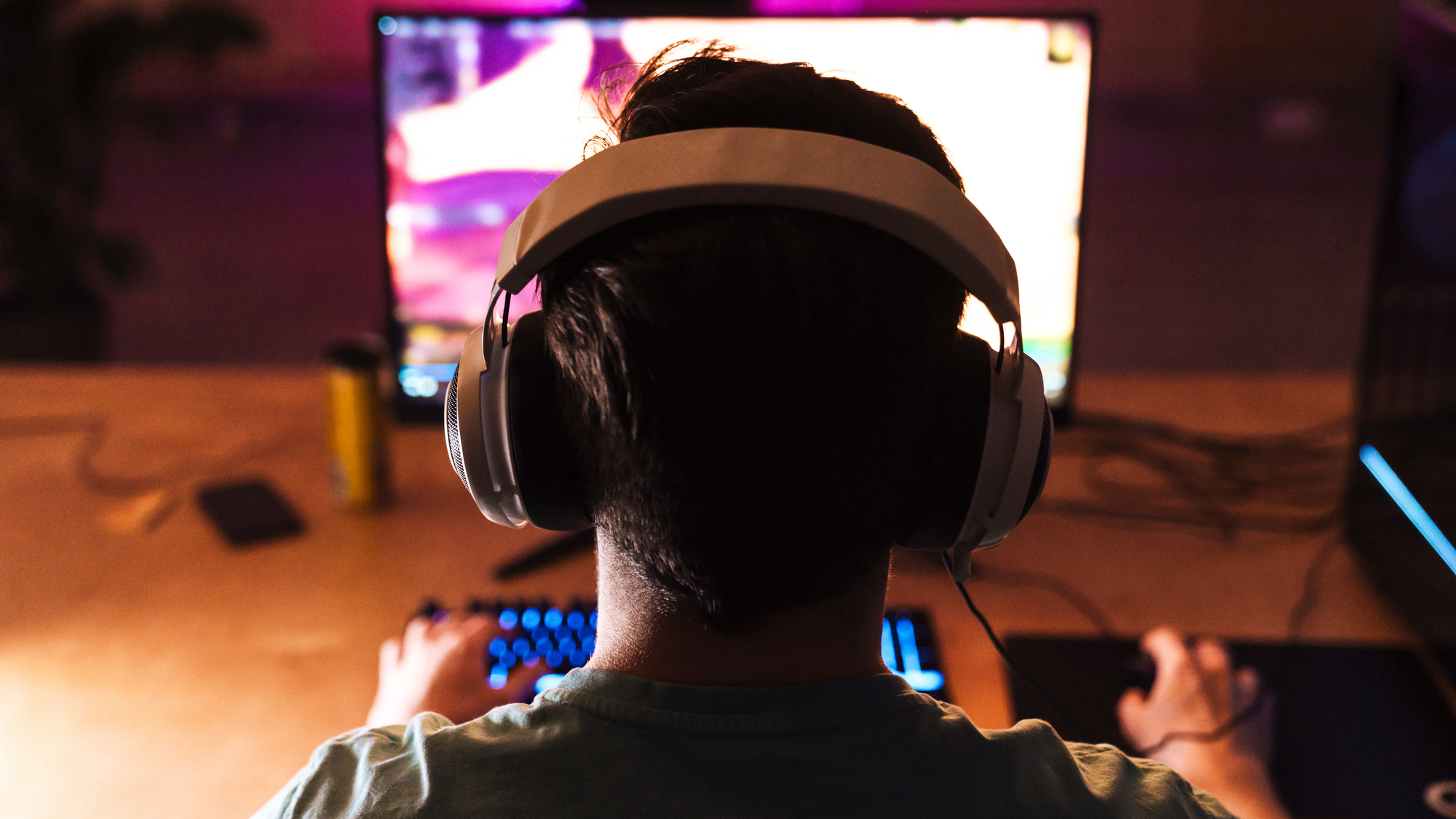

We’re in a loneliness epidemic, and it’s become a public health concern. The cutting of in-person social connections during the COVID-era certainly didn’t help. Loneliness isn’t just bad for the soul, but for physical health too, with those isolated being at an increased risk for conditions like heart disease, stroke, and dementia. There are a few theories about how things got so bad. And men, it seems, have gotten the short end of the stick, with numerous surveys indicating that American men are stuck in a “friendship recession.”
However, for some men, though close friendships can be hard, online communities such as those formed through gaming offer an avenue of hope. In a study published earlier this year, researchers from Texas A&M, The University of North Carolina, and Baylor University found that online gaming groups provided the same social support for life events as well as a sense of community compared to in-real-life connections.
By studying a network of 40 male online gamers who played on the same site for 10 months, the researchers found that these digital relationships were important and helpful for those experiencing depressive symptoms.
[Related: Dive into the wonderful and wistful world of video game design]
“This finding suggests the chat and community features of online games might provide isolated young men an anonymous ‘third place’ – or space where people can congregate other than work or home – to open up, find empathy and build crucial social connections they may lack in real life,” Tyler Prochnow, assistant professor of Health Behavior at Texas A&M University, wrote in a post in The Conversation this week. “Online social spaces, like gaming communities, may offer an alternative avenue to find connection and discuss serious personal problems without the barriers of formal mental health services…Several participants specifically said they confided about topics they felt unable to discuss with people in their real lives, suggesting these online friendships provided an outlet they were otherwise lacking.”
It’s a complicated matter. Online communities have long been a part of the modern internet, allowing people who are geographically separated to connect based on their hobbies, professions, passions, and beliefs. But their power and influence have only grown in the last two decades. Fun, niche communities started around fandoms can today drive cultural conversations and even movements. Video games themselves have spawned a number of online subcultures.
In 2021, a study from NYU found that membership in online communities such as Surviving Hijab or Subtle Asian Traits built a strong sense of belonging among individuals who may be marginalized or isolated in real life. These communities opened a rare safe space that allowed for deeply personal discussions around problems like relationship struggles, health issues, abuse, grief, and loss. Especially during the pandemic lockdown, multiple studies found that community social networks, while not a complete replacement for in-person interactions, were an indispensable tool for alleviating psychological distress, and loneliness.
[Related: Can I offer you a nice meme in these trying times?]
Of course, there are possible downsides of relying too much on digital relationships, considering how there are ongoing debates around whether video games are good for mental health, and whether social media has too tight of a grip on the lives of young people.
Prochnow, the first author of the recent study, also acknowledged the limits of findings, writing that “a key question is whether online social support directly improves depression – or are depressed individuals simply more inclined to seek connections virtually? Despite a massive industry and audience for online gaming, its mental health impacts remain murky.”
All of this raises the question: Are online friendships as good as the real world ones, or do they simply create a convincing illusion of one? To be safe, it can’t hurt to have both.
